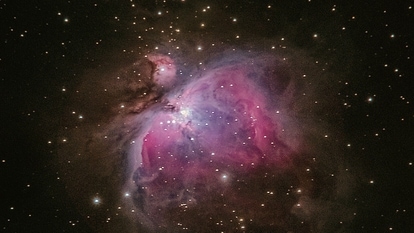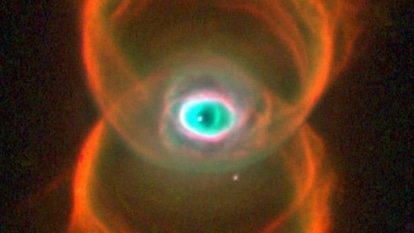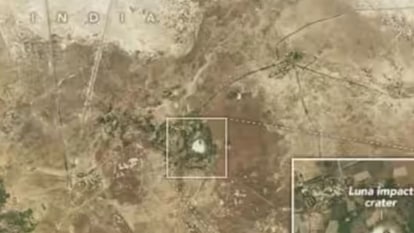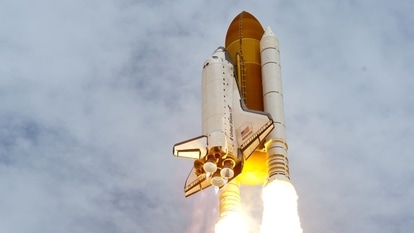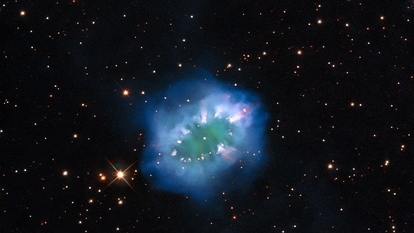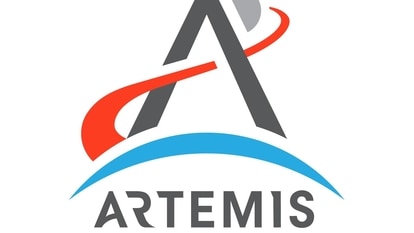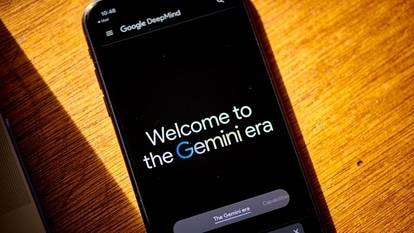NASA: Milky Way Galaxy has started CRASHING into Andromeda Galaxy; Will Earth survive?
Our home, the Milky Way Galaxy, has begun colliding with the Andromeda Galaxy! What will be the impact on the Earth? Find out what NASA says, courtesy Hubble Space Telescope!
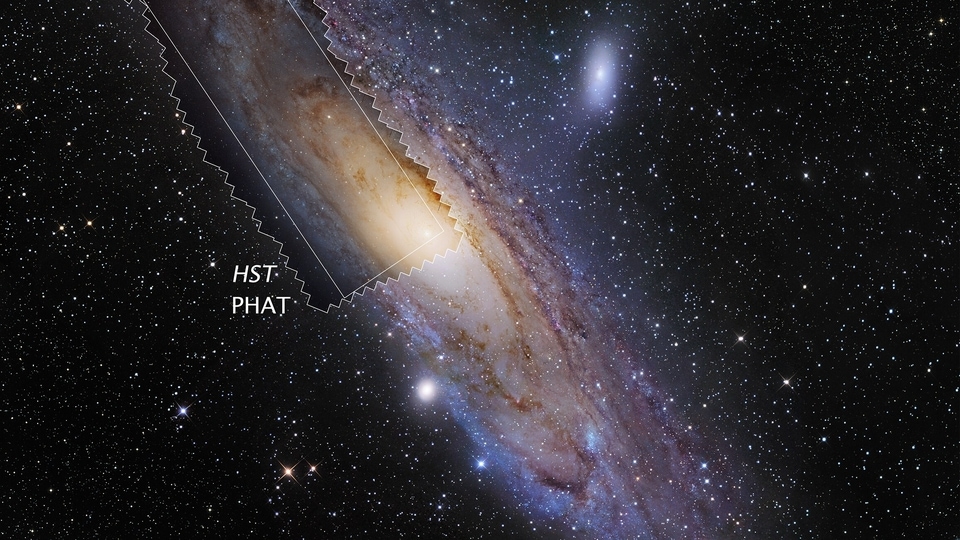
Get set for some shocking news! In 2012, NASA warned us all that one day our Milky Way galaxy, that contains the entire solar system including the Earth, is headed for a crash with the neighboring Andromeda galaxy. But the event was not supposed to happen for another 4.5 billion years. But now, new research reveals that the process may have already begun! Yes, you read that right. This galactic event is a scary situation. When galaxies collide, new stars are born and gravitational forces are redefined, changing the entire galactic architecture. The obvious question here is that, will the Earth and the solar system survive this massive space catastrophe? Read on to find out.
First reported by Earth Sky, new research has revealed that the galactic merger between the Milky Way Galaxy and the Andromeda galaxy may have already started. The research was based on Project AMIGA (Absorption Maps of Ionized Gas in Andromeda) in which the Hubble Space Telescope took a comprehensive look at the space around the Andromeda galaxy. NASA called it “the most comprehensive study of a halo surrounding a galaxy”. Now, the research, which was published in the peer-reviewed Astrophysical Journal, states that the process of galactic collision is already underway.
The Milky Way is crashing into Andromeda: Will Earth survive?
According to the research, the halo of both the Milky Way and the Andromeda galaxy have started touching each other. The halo of a galaxy is essentially a large layer of gasses, space dust and outlier stars that surrounds a galaxy. These halos determine the true extent of a galaxy. However, detecting them is not easy. It is because these halos are so faint, telescopes often glance over them without noticing. Only by long exposures at a certain wavelength, they can be seen. Project AMIGA of the Hubble Space Telescope did exactly that and found out the true extent of Andromeda. What it also told us shockingly, is that the collision predicted for 4.5 billion years later by NASA, is happening right now. This will affect the Earth and our entire solar system.
When the merger begins, it will be a trillion stars of Andromeda Galaxy merging with 300 billion stars of the Milky Way. Stars from both the galaxies will fall into new orbits around the newly merged galactic center. According to NASA scientists who were involved in the 2012 research, it is likely that our solar system will be flung to a new region of the galaxy. But they also assured that the Earth and the solar system were not in danger of being destroyed.
But what about life on Earth? The eventual merger is still at least 2.5 billion years away. So our home planet and the solar system is safe until then. But after that, it is bad news for Earth. Depending on the position of the solar system, Earth can be exposed to more radiation from nearby stars resulting in inhospitable temperatures. Earth can also be trapped in a gravitational trap and can have its orbit shift. And even the slightest of change will drastically affect the climate and living conditions on the planet.
Catch all the Latest Tech News, Mobile News, Laptop News, Gaming news, Wearables News , How To News, also keep up with us on Whatsapp channel,Twitter, Facebook, Google News, and Instagram. For our latest videos, subscribe to our YouTube channel.



